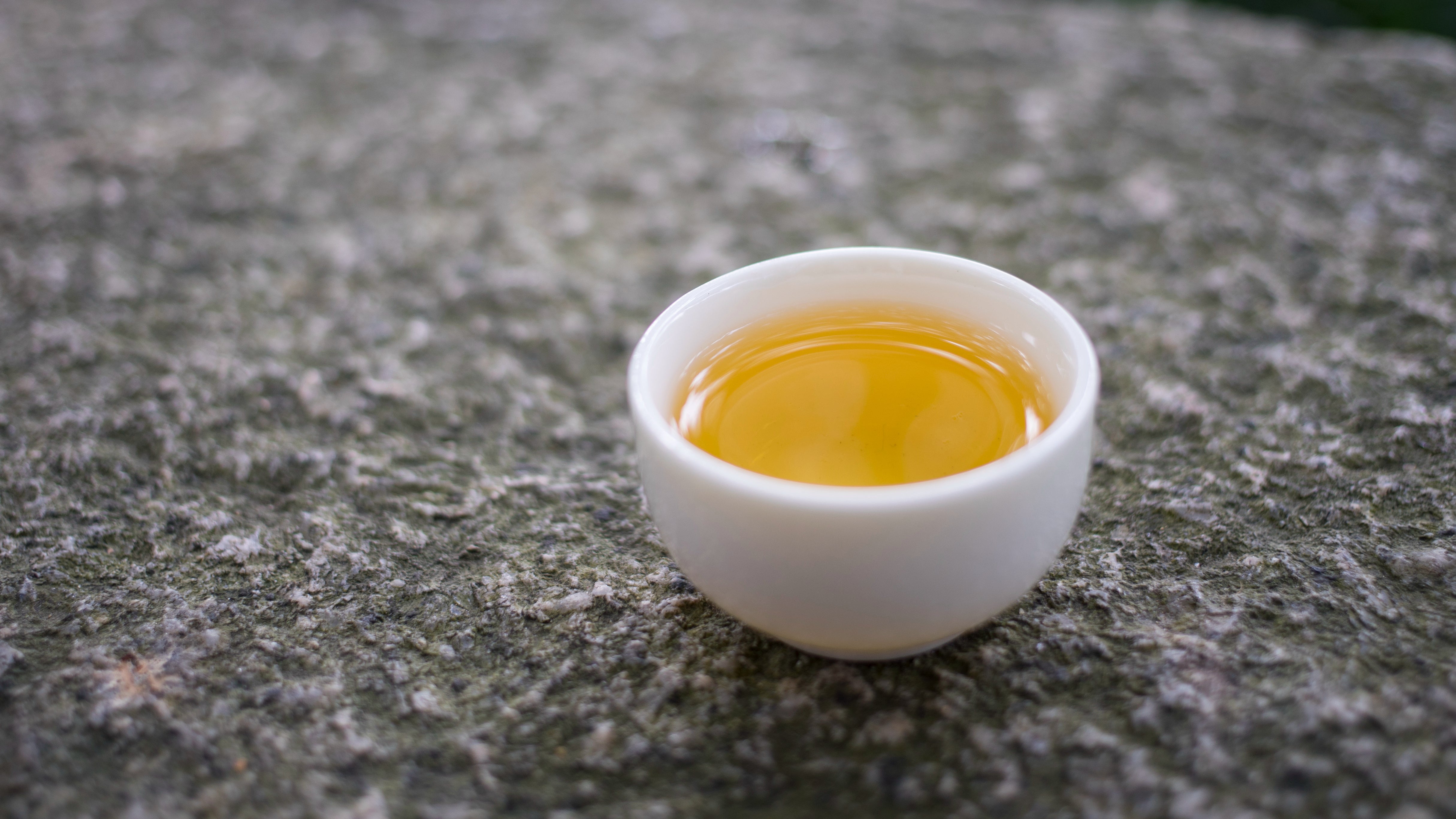Does White Tea Come Decaffeinated? Your Caffeine Guide

Discover Decaf White Tea: Unveiling the Caffeine Truth
Let's address the elephant in the teacup: white tea isn't inherently decaffeinated. While it does contain less caffeine than black tea or green tea, it still possesses a noticeable amount. This is because white tea undergoes minimal processing, preserving much of the caffeine found in the tea leaves. The caffeine content varies based on factors like the tea's origin, processing, and brewing method. So, if you're seeking a caffeine-free brew, you'll need to look for explicitly decaffeinated white tea. But for those who appreciate the delicate flavors of white tea but are mindful of caffeine intake, there are methods to enjoy it in a more caffeine-conscious manner. Keep reading to discover these strategies and uncover the nuances of white tea's caffeine content.
Unveiling the Decaf White Tea Enigma: Exploring the Caffeine Content
While white tea is often associated with a delicate and calming nature, many wonder about its caffeine content. Unveiling the decaf white tea enigma requires understanding that while it does contain caffeine, it's not inherently decaffeinated. The caffeine level can fluctuate based on several factors:
- Origin: Tea leaves from different regions may naturally have varying caffeine levels.
- Processing: The way white tea is processed can influence its caffeine content. For example, a "silver needle" variety, which undergoes minimal processing, generally has higher caffeine than a "white peony" variety, which has slightly more processing.
- Brewing Method: Steeping time and water temperature significantly impact caffeine extraction. A shorter steep or cooler water can reduce caffeine.
Does White Tea Come Decaf? Unveiling the Decaf Conundrum
While white tea holds a reputation for being a lighter, gentler beverage, the question of caffeine often arises. Does white tea come decaf? The answer, surprisingly, is not always a clear-cut yes or no. White tea, unlike its black tea counterpart, is minimally processed, preserving more of the plant's natural caffeine. However, this doesn't mean it's a high-caffeine drink. Let's delve into the factors influencing white tea's caffeine content:
- Origin: The region where the tea is grown plays a role. Tea plants in different climates and soils exhibit varying caffeine levels.
- Processing: Unlike black tea, white tea undergoes minimal processing, limiting the oxidation that can impact caffeine levels.
- Brewing Method: How you brew your white tea can significantly impact its caffeine content. A shorter steeping time or using cooler water can help lower caffeine intake.
Now, let's address the question of decaf white tea. While you might find white tea marketed as decaf, it's crucial to ensure the packaging explicitly states it's decaffeinated. If you're looking for a truly caffeine-free experience, look for "decaf" on the label.
| Factor | Impact on Caffeine Content |
|---|---|
| Origin | Tea plants grown in different climates and soils have varying caffeine levels. |
| Processing | White tea's minimal processing preserves more natural caffeine, unlike black tea's oxidation. |
| Brewing Method | Shorter steeping time or cooler water reduces caffeine intake. |
White Tea and Caffeine: Unveiling the Decaf Enigma
While white tea is often lauded for its delicate flavor and potential health benefits, understanding its caffeine content is crucial, especially for those sensitive to caffeine. It's important to remember that white tea, while naturally containing caffeine, is not inherently decaffeinated. The amount of caffeine varies depending on factors like the tea's origin, processing, and brewing method.
For example, white teas from China, particularly those processed using traditional techniques, tend to have higher caffeine levels. However, white teas produced in other regions, like India or Sri Lanka, may contain lower levels. Additionally, the specific variety of white tea can impact its caffeine content.
The method of processing, including the time spent drying and oxidation, also plays a significant role in caffeine levels. If you're looking for a decaffeinated option, carefully check the packaging for specific information. Many brands now offer decaffeinated white teas that undergo specialized processes to reduce caffeine levels significantly.
Does white tea come decaffeinated? Conclusion
So, does white tea come decaffeinated? The answer is, it depends. While white tea naturally contains caffeine, it's not inherently decaffeinated. The caffeine content can vary based on several factors, including the tea's origin, processing, and brewing method. If you're looking for a decaffeinated white tea, make sure the packaging explicitly states it's decaf. Otherwise, you can enjoy white tea while managing your caffeine intake by experimenting with brewing techniques like shorter steeping times and cooler water.
Remember, white tea offers a unique and delicate flavor profile that can be enjoyed in various ways. By understanding the factors influencing its caffeine content, you can choose the right white tea and brewing method to suit your individual needs and preferences.
Does white tea come decaffeinated? Quick FAQ
Does white tea contain caffeine?
Yes, white tea does contain caffeine, although generally less than black tea or green tea. The amount can vary based on factors like the tea's origin, processing, and brewing method.
How can I reduce caffeine in my white tea?
You can reduce caffeine in your white tea by using a shorter steeping time or cooler water. These methods can help extract less caffeine from the tea leaves.
Is there truly decaf white tea?
Yes, there are decaffeinated white tea options available. Look for packaging that explicitly states "decaf" to ensure you're getting a caffeine-free brew.
-
Posted in
White Tea
